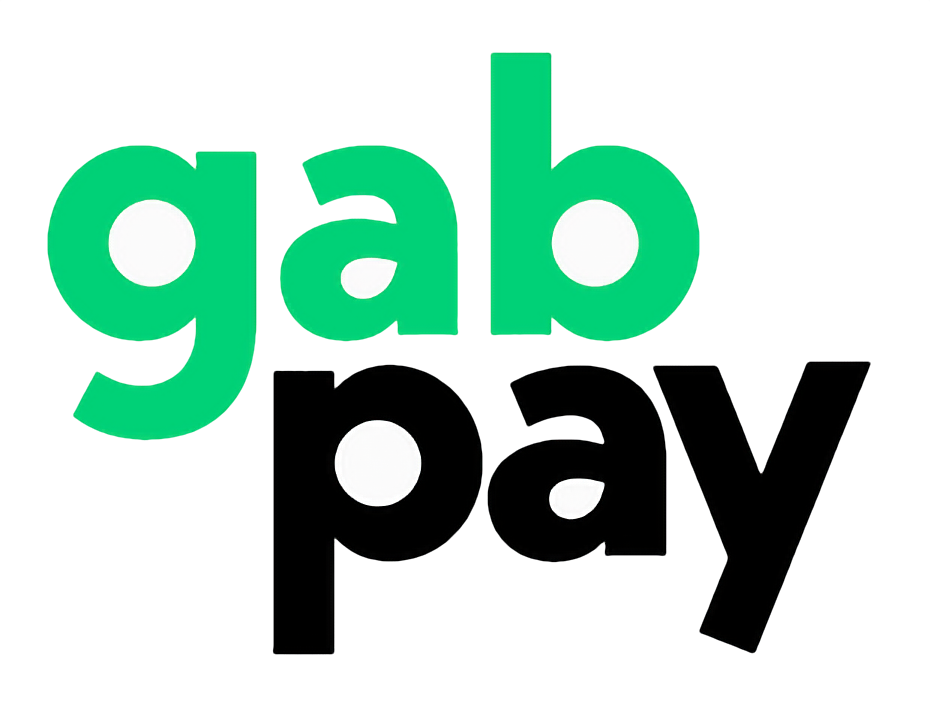by Tom Parker
Originally Published: October 18, 2022
As digital payments have become increasingly popular, many of the largest companies in this sector have used their dominant position to censor users, harvest their private financial data, and threaten them with huge fines if they violate vague and subjective rules.
Here are some alternative payment services that promote freedom, reject censorship, and/or have privacy-preserving features:
GabPay
 A person-to-person payments network from the free speech software company Gab.
A person-to-person payments network from the free speech software company Gab.
Gab uses the First Amendment of the United States (US) Constitution to guide its content moderation and describes GabPay as a solution that “allows you to spend your processing dollars with companies who share your values rather than major monopolies who’ve hijacked our payment processing sectors.”
With GabPay, users can instantly transfer money from supported bank accounts to anyone with a cell phone or email address. Funds can be quickly transferred from a bank into a GabPay account and this GabPay balance can be used to make payments. Users can also withdraw their GabPay balance to supported bank accounts.
GabPay supports both consumer and merchant accounts. GabPay says its merchant accounts allow businesses to “accept payments without the fear of charge backs, indefinite holds, or reprisals for political beliefs.” Merchant accounts can also integrate with many e-commerce, membership, and website-building platforms.
GabPay also offers vanity addresses which let users create an easy-to-remember link to their GabPay account.
GabPay’s fees are competitive and flexible. The service charges 1.9% + $0.15 per transaction which is lower than both Stripe (which charges 2.9% + $0.30 per transaction) and PayPal (which charges between 1.9% and 3.49% + $0.49 for most transaction). When making a payment, users can choose whether they pay the fee, the other party pays the fee, or the fee is split equally between both parties.
You can sign up for Gab Pay here.


